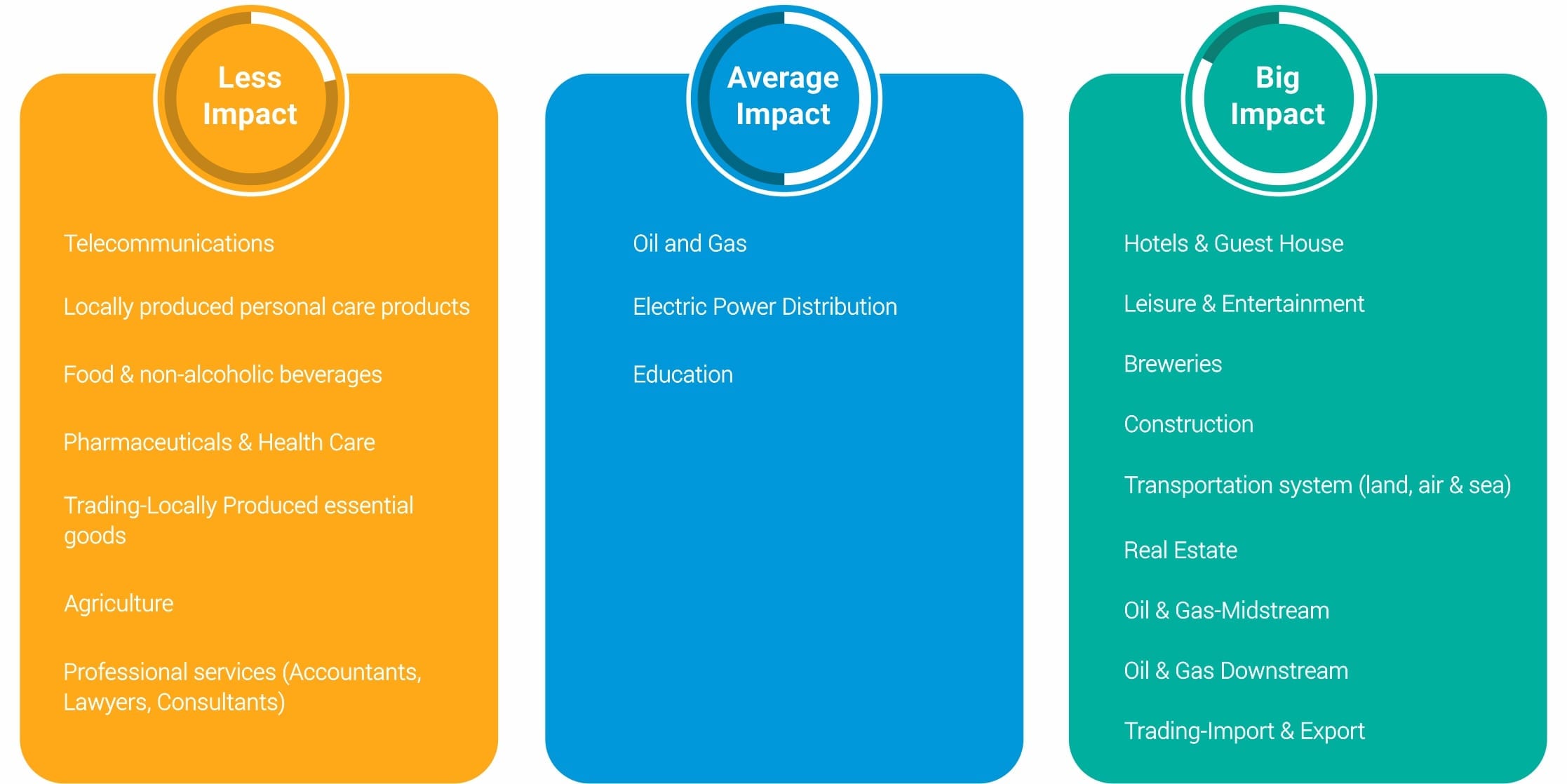Everything changed when the world was struck with a cluster of pneumonia cases from an unknown virus which surfaced in Wuhan, China in December 2019. After much research, Chinese health experts confirmed the disease was severe acute respiratory syndrome coronavirus 2 (SARS-CoV-2). On February 11 2020, the World Health Organisation (WHO) announced the official name as COVID-19. Since COVID-19 first struck the world like a time bomb in Asia, it has exploded to other continents. Many countries in Europe, some parts of Asia, and developing countries are struggling to contain the virus. Let us focus briefly on how it affects macroeconomy in Nigeria
Nigeria has barely recovered from the 2016 recession, but an oil price war and the coronavirus pandemic may completely wipe out the gains in the Nigerian economy. Nigeria’s complete reliance on crude oil as the major source of revenue will be greatly affected by the drop in the price of crude oil. If Nigeria can minimise the spread of the virus within the country, then it can pay sufficient attention to the oil problem. It can also begin investing in local production, as Nigeria spends trillions of dollars yearly on importation. But if the country’s fate is the same as Europe or the Middle East, its hospitals and overall health care system could be overwhelmed, and the nation may face a harsh and extended economic downturn. There are challenges already affecting the Nigerian health sector; many hospitals are not well equipped and understaffed. International trade has been disrupted, countries have shut their borders, citizens’ movements have been restricted, airlines are grounded, schools are closed, employees are working from home, and unemployment is rising. The situation is already dire as it is; we must be proactive to prevent even worse outcomes.
COVID-19 will impact nearly all sectors adversely, but the key sectors that will be affected the most in 2020 are real estate, construction, breweries, building materials, leisure & entertainment, hospitality, air travel, and oil & gas. The scenario might be worse than in 2016 when there were high levels of inflation, income vulnerability, poverty and unemployment. According to the National Bureau of Statistics (NBS), about 5 million people enter the job market annually. Due to the economy contracting, it is unlikely that new jobs will be created in 2020; therefore, one can predict an increase in unemployment.
The table below categorises the extent to which major industries are likely to be impacted by the pandemic.
The Nigerian government must pursue economic diversification. It is one practical way to saddle through the current economic uncertainties and instabilities. The consequences of COVID-19 pandemic should further alert the Nigerian economic policymakers that the one-tracked, monolithic reliance on oil is failing. Diversification efforts to alternative sectors such as agriculture, solid minerals, manufacturing and services sectors should be intensified.
Written by:

Ambrose Adebayo
Assistant Consultant
References

